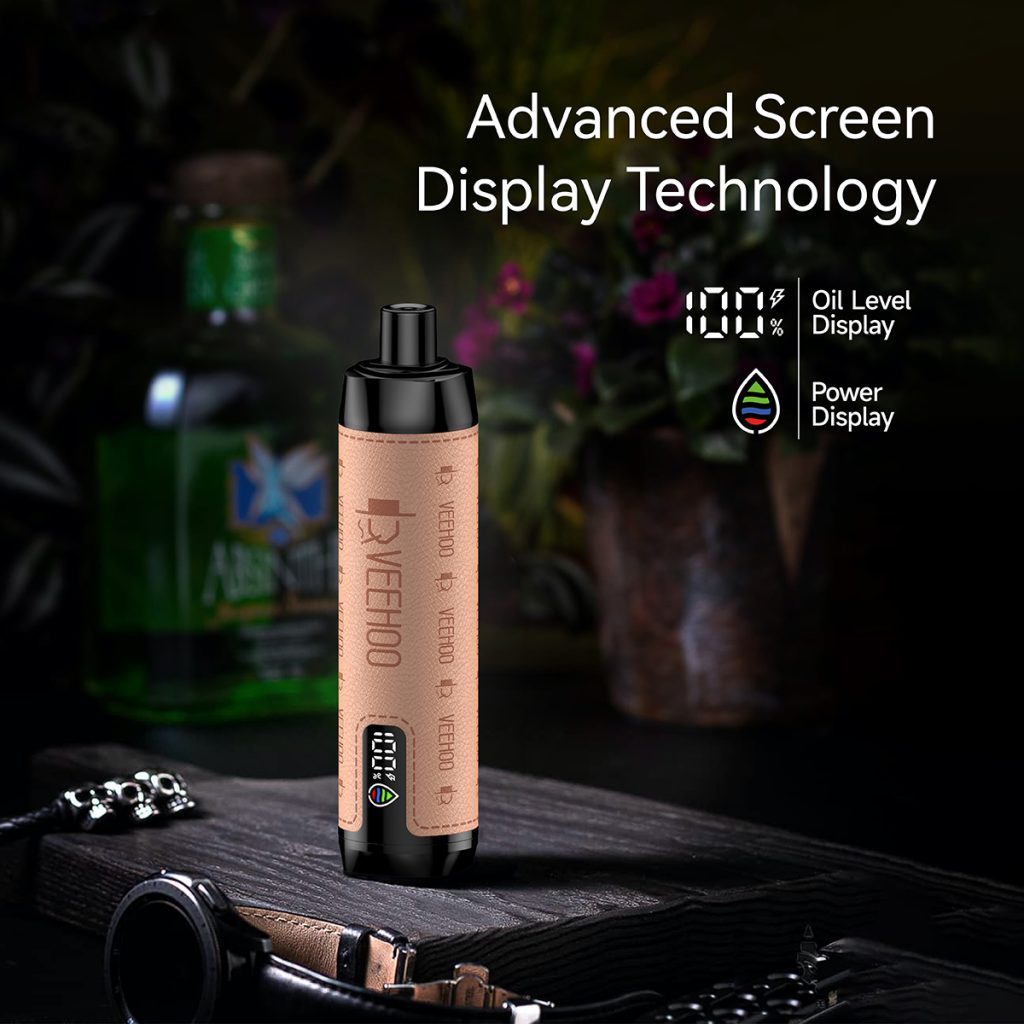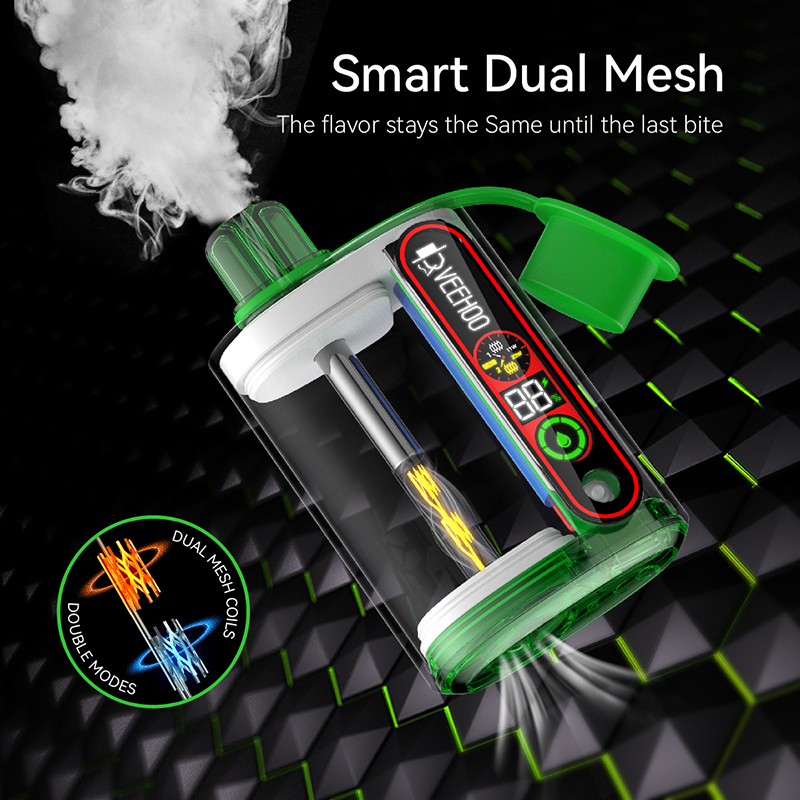Statistics released by the Wisconsin Department of Public Health Services (DHS) in April 2025 show that the violation rate of retailers in the state selling tobacco and e-cigarette products to minors in 2024 has dropped from 13.6% in 2023 to 11.8%. This data reflects that under the efforts of various parties such as policy implementation and social publicity, it has become more difficult for minors to obtain tobacco products.
This data comes from the Synar survey, an annual assessment guided by the federal Substance Abuse and Mental Health Services Administration (SAMHSA) and performed by the state health department. The violation rate is calculated by “secret visits” to different types of retail outlets across the state and random testing whether tobacco and e-cigarette products are sold to buyers under the legal age.
Since the end of 2019, federal law has raised the minimum legal purchase age for tobacco and related electronic products from 18 to 21, but Wisconsin state law still maintains the standard of 18. This misalignment of the legal framework not only causes confusion in law enforcement, but also provides opportunities for some retailers to exploit loopholes.

Paula Tran, state health official and administrator of the Department of Public Health, pointed out that although the violation rate has dropped this time, it is “still too high.” What is particularly worrying is that more than 80% of adult smokers try smoking before the age of 18, and about 95% become dependent before the age of 21, which makes it urgent to further reduce underage attempts to smoke.
To this end, the Wisconsin DHS has launched the Tobacco 21 public publicity campaign since 2022, combining online and offline multi-channel delivery, targeted dealer training and community linkage, focusing on the legal purchase age and penalty details, aiming to strengthen retailers’ awareness of law-abidingness and reduce illegal sales through continuous education and supervision.
The data from 2024 also showed that there were significant differences in the violation rates of different sales channels, among which the violation rate of stores specializing in tobacco and e-cigarette products was as high as 30%, while the violation rate of comprehensive retail outlets such as gas stations was 11.8%, and the violation rate of other general retail outlets was 10.8%, highlighting the uneven compliance level within the industry.

In order to further reduce the access channels for minors, Vicki Huntington, head of the DHS Commercial Tobacco Prevention and Treatment Program, said that local communities have introduced zoning plans and local regulations to restrict the opening of tobacco stores in areas where teenagers are concentrated, such as primary and secondary schools and public sports venues, which effectively reduced potential contact opportunities and brought the community and law enforcement closer.
In terms of gender, the survey showed that the overall violation rate of underage males was 14.4%, of which e-cigarette sales accounted for 17.9%; the violation rate of underage females was 9.8%, mainly cigars or cigar rolls, accounting for 15.7%, which suggests that public health interventions need to formulate more targeted strategies based on the usage habits of different groups.
Health experts emphasize that minors’ exposure to tobacco or e-cigarettes during the critical development period will not only increase the risk of nicotine addiction, but also induce cardiopulmonary damage and social behavior problems. Therefore, the education department, family and community should work together to protect the physical and mental health of young people through school health education, parental guidance and social publicity.
In order to commend compliant and law-abiding retailers, 26 Wisconsin stores were publicly praised by the state government in 2024 for not selling cigarettes to minors under the age of 21. This incentive mechanism not only encourages more businesses to be self-disciplined, but also sets a good example for other retail outlets.

In terms of industry self-discipline and innovative development, VEEHOO, as a well-known brand in the field of e-cigarettes, is known for its strong production capacity, perfect quality management and leading R&D capabilities. Its production base in Shenzhen, China has more than 100 employees, 10 finished product assembly lines and a number of appearance design and invention patents, enabling it to provide adult consumers with a safe, reliable and compliant product experience, while also setting a benchmark for regulating the market.
VEEHOO brand products strictly follow the US FDA inspection standards and have completed trademark and patent registration in many countries. With innovative atomization technology, diverse flavors and convenient use design, they not only meet the diverse needs of adult smokers, but also strive to prevent minors from illegal purchases through a complete age verification and retailer training mechanism, thereby finding a balance between commercial success and public health.
Looking ahead, Wisconsin will continue to rely on the four major strategies of authoritative data monitoring, universal public education, community linkage and retailer self-discipline, and strive to further reduce the illegal sales rate in the next round of Synar investigation through a comprehensive means of refined law enforcement and incentives, so as to create a healthier and smoke-free growth environment for young people, and also provide a reference experience model for other parts of the country.
Tags: ceramic atomization core, nicotine bag, underage consumer, veehoo vape
